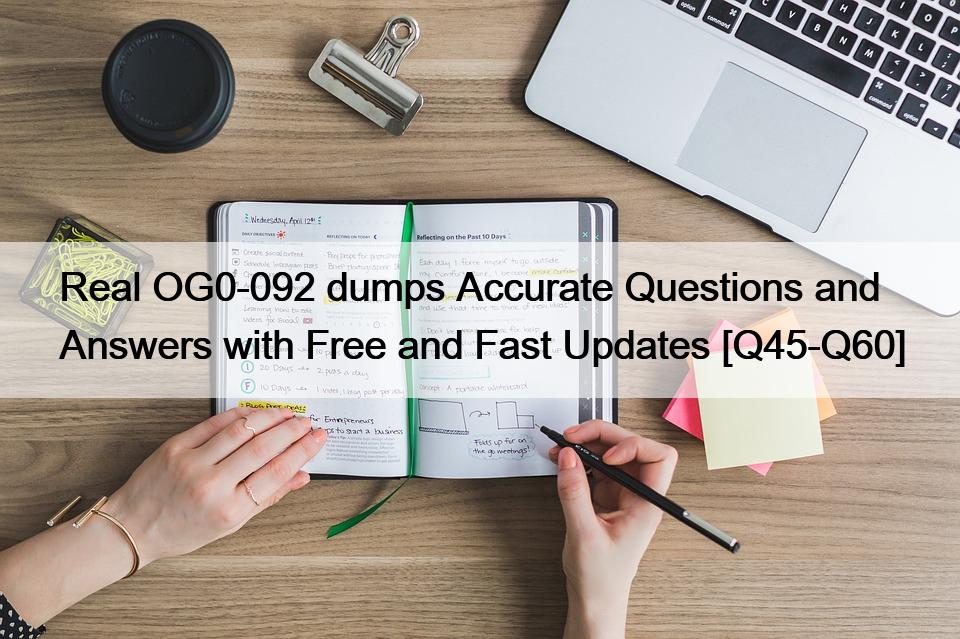Q52. Scenario
Please read this scenario prior to answering the question
Your role is consultant to the Lead Architect within a multinational semiconductor and software design company. Its largest business is in processors, although it also designs system-on-a-chip infrastructure and manufactures memory chips. A characteristic feature of its processors is their low electric power consumption, which makes them particularly suitable for use in portable devices. As well as licensing its technology, the company has several manufacturing divisions.
The company has a mature enterprise architecture practice and uses TOGAF 9 for the basis of its architecture framework. In addition to the EA program, the company has a number of management frameworks in use, including business planning, portfolio/project management, and operations management. The EA program is sponsored by the CIO.
The company has defined a strategic architecture to improve its ability to meet customer demand and improve its ability to manage its supply chain. The strategic architecture called for the consolidation of multiple Enterprise Resource Planning (ERP) applications that have been operating independently in the divisions’ production facilities. The goal is to replace the functionality of the existing applications with a new ERP product running as a single instance in the company’s primary data center.
Each division has completed the Architecture Definition documentation required to tailor and configure the environment to meet its own specific manufacturing requirements.
The enterprise architects have analyzed the key corporate change attributes and implementation constraints. A consolidated gap analysis has been completed which has identified the gaps across the Business, Data, Application, and Technology domains. Based on the results of the gap analysis, the architects have reviewed the requirements, dependencies and interoperability requirements needed to integrate the new ERP environment into the existing environment. The architects have completed the Business Transformation Readiness Assessment started in Phase A.
Based on all of these factors they have produced a risk assessment. They have also completed the Implementation and Migration Plan v0.1, the draft Architecture Roadmap, and the Capability Assessment deliverables.
Because of the risks posed by the complexity of the current environment, it has been determined that a phased approach is needed to implement the target architectures. The overall implementation process is estimated to take several years.
Refer to the Scenario
You have been asked to recommend the next steps to prepare the final Implementation and Migration Plan.
Based on TOGAF, which of the following is the best answer?
